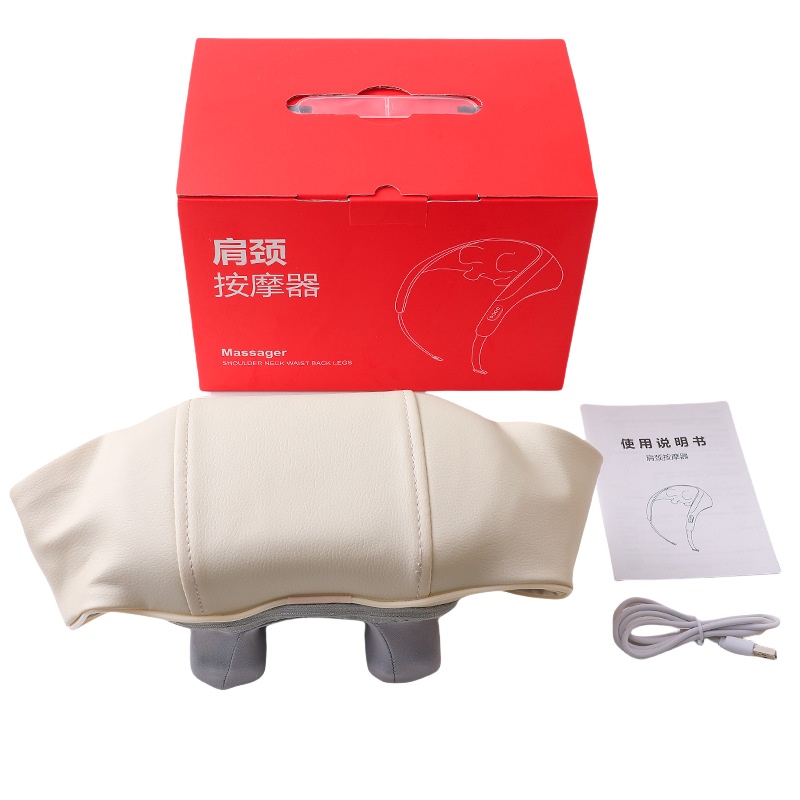The Do's and Don'ts of Corporate Gifting: A Manager's Guide
Corporate gifting is a powerful tool in a manager's arsenal. Done correctly, it can boost morale, strengthen team cohesion, and show genuine appreciation for your employees' hard work. Done poorly, it can lead to awkwardness, misunderstandings, and even complaints. Navigating the nuances of giving Corporate gifts for employees requires a careful balance of thoughtfulness, professionalism, and awareness.
This guide will walk you through the essential do's and don'ts to ensure your gestures of appreciation are always well-received and effective.
The Do's
1. DO: Align the Gift with Company Values
Your gifts should be a reflection of your company's culture and ethos. If your brand champions sustainability, opt for eco-friendly products, reusable items, or donations to environmental causes. If innovation is your core value, consider the latest tech gadgets. This alignment reinforces what your company stands for and makes the gift feel like a genuine extension of the corporate identity, rather than a generic afterthought.
2. DO: Personalize When Possible
A personalized gift shows that you see your employees as individuals. This goes beyond slapping a company logo on a cheap mug. Use your HR platform or casual conversations to note interests and hobbies.
-
For the coffee enthusiast: A subscription to a premium coffee club.
-
For the wellness advocate: A high-quality yoga mat or a subscription to a meditation app.
-
For the new parent: A food delivery service gift card.
A small, personalized note mentioning their specific contribution (“Thank you for leading the Q3 project to success”) amplifies the value of the gift immensely.
3. DO: Prioritize Quality Over Quantity
It is far better to give one high-quality, useful item than a basket of cheap, forgettable trinkets. A beautifully crafted leather notebook, a premium wireless charger, or a set of artisan gourmet foods will be used and appreciated long after a generic branded keychain has been thrown away. Quality signals that you value the recipient’s worth and have put real consideration into the selection.
4. DO: Be Inclusive and Sensitive
Consider the diverse backgrounds, cultures, and beliefs of your team. Ensure gifts are appropriate for all dietary restrictions (e.g., offer vegan options in food baskets), are alcohol-free unless you are certain of everyone's preferences, and are mindful of cultural or religious holidays. The goal is to make everyone feel included and respected, not alienated.
5. DO: Set a Clear and Fair Budget
Establish a consistent budget per employee to avoid perceptions of favoritism. While it may be appropriate to spend more on a milestone anniversary (e.g., 10 years of service), for general holidays or team success celebrations, the value should be consistent across the board. This transparency maintains fairness and prevents internal gossip or resentment.
6. DO: Offer Choice
One of the most effective strategies is to provide employees with a choice. Offer a curated selection of gifts within a specific budget or provide a gift card to a popular platform. This empowers the employee to select something they truly want or need, guaranteeing the gift will be well-received and appreciated.
The Don'ts
1. DON'T: Give Overly Personal or Intimate Items
This is perhaps the most critical rule. The line between professional and personal must never be crossed. Gifts should be appropriate for the workplace relationship. This is why items like matching rings for boyfriend and girlfriend are a catastrophic choice for a corporate setting. A gift of matching rings for boyfriend and girlfriend is deeply symbolic of a romantic, personal commitment and has absolutely no place in a professional dynamic. Such a gift would be considered wildly inappropriate, uncomfortable, and could even be interpreted as harassment. Always avoid gifts related to clothing (like jewelry, intimate apparel, or perfume), as they are far too personal.
2. DON'T: Regift or Be Clearly Cheap
Employees can tell when a gift is an afterthought or something pulled from a forgotten storage closet. Avoid giving obvious regifts, expired food baskets, or the cheapest possible branded merchandise. This sends a message that you don’t truly value your team, defeating the entire purpose of the gesture and potentially damaging morale.
3. DON'T: Make the Gift Feel Like an Obligation or Work
A gift should be a token of appreciation, not a reminder of job pressures. Avoid gifts that are essentially tools for more work, unless explicitly requested. For example, gifting a book on "increasing productivity" or a new alarm clock can send a negative and tone-deaf message. The gift should be for the employee’s enjoyment or benefit outside of their direct work tasks.
4. DON'T: Forget the Presentation and Delivery
A great gift can be undermined by poor delivery. Don't just leave a gift wrapped in a plastic bag on someone's desk. Take the time to present it nicely, with a thoughtful, handwritten card. For remote employees, ensure gifts are shipped in protective packaging directly to their homes. The unboxing experience is part of the joy and shows you care about the details.
5. DON'T: Be Ignorant of Tax Implications
In many countries, gifts above a certain value are considered taxable income for the employee. Be aware of your local regulations. Providing a gift that inadvertently creates a tax burden for your employee is a surefire way to turn a positive gesture into a frustrating experience. Consult with your HR or finance department to understand the rules.
6. DON'T: Expect Anything in Return
The purpose of corporate gifting is to give unconditionally as a sign of appreciation. Do not give a gift with the expectation of reciprocation, increased productivity, or specific praise. The gesture should be altruistic to be truly effective.
Navigating the Gray Areas: A Final Thought
The core principle of selecting corporate gifts for employees is intentionality. The goal is to make the recipient feel valued and seen within the clear context of a professional relationship. When in doubt, ask yourself: "Is this gift universally appropriate? Does it respect professional boundaries? Would I be comfortable if this gift was presented to the entire team in a company-wide meeting?"
If the answer to any of these questions is no, choose a different gift. Stick to high-quality, useful, and experience-based gifts that celebrate the employee without overstepping. By following these do's and don'ts, you can master the art of corporate gifting and use it to build a stronger, more appreciated, and more loyal team.
Related topics:
The Art of Appreciation: Selecting Meaningful employee recognition gifts
What Gift Should I Give My Employees?
How to Create an Employee Incentive Program
What Is the Best Reward for Employee Recognition?
Beyond the Bonus: Cultivating Culture with Thoughtful Corporate Gifts for Employees







